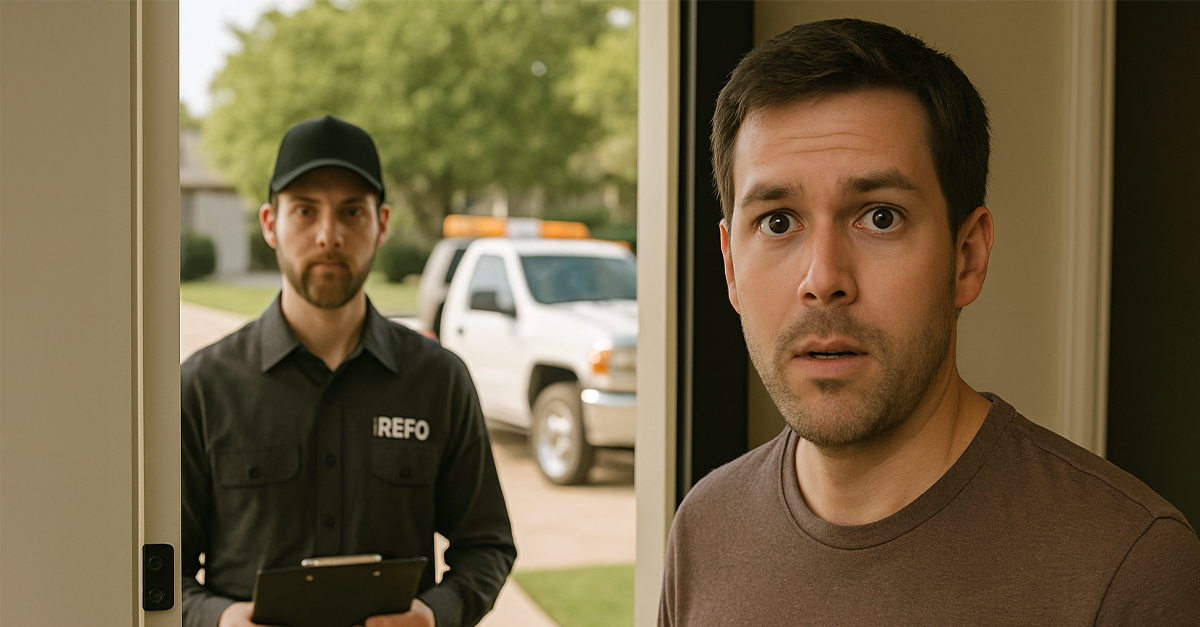Few things are more jarring than answering the door to find a repo agent demanding your vehicle—especially when you had no idea it was tied to a loan. If your ex-partner used your car as collateral without your knowledge, you may be dealing with a serious case of fraud. Here’s how to respond swiftly and legally.
Confirm That The Loan Exists
Before you panic or surrender your car, gather the facts. Ask the repo agent for paperwork verifying the loan, including whose name is on it and which vehicle is listed as collateral. If your name isn’t on the loan agreement, and you didn’t authorize the use of your car, this could be a major red flag that fraud has occurred.
Check The Title Immediately
Look at the title of the vehicle. Is it in your name, your ex’s name, or both? If it’s solely in your name and you never signed off on any loan, your ex may have forged your signature or otherwise committed fraud. If it’s a joint title, the situation becomes more complex, but you still have legal options.
Do Not Surrender The Car Right Away
Unless the repo agent can prove the lien was legally placed with your knowledge or consent, you are not obligated to surrender the car on the spot. Calmly refuse and inform the agent that you believe the lien was obtained fraudulently. Get their name, company, and contact information, and tell them you’re disputing the claim.
Call The Police And Report Possible Fraud
If you suspect that your ex forged your signature or misrepresented ownership of the car, file a police report. This creates an official record of the suspected fraud and may help prevent the lender from repossessing the car until the matter is legally resolved.
Contact The Lender Immediately
Reach out to the lender or loan company directly. Request a copy of the signed loan agreement and verify how the collateral was documented. Explain that you did not authorize the use of your vehicle and that you are contesting the lien. Ask for a fraud investigation and provide them with the police report number if you’ve filed one.
Get Legal Representation
Situations involving vehicle title fraud and unauthorized loans can quickly become legally complicated. An attorney experienced in consumer protection or property law can help you draft letters, file injunctions, and represent you if the matter goes to court. Legal aid organizations may be able to assist if you can't afford an attorney.
Consider Filing A Title Dispute With The DMV
If the title was altered fraudulently, you can file a title dispute with your state’s Department of Motor Vehicles. This will put a hold on any further changes to the title and may prevent repossession while the issue is under investigation. Bring your documentation, including your police report, loan details, and the original title.
Monitor Your Credit Reports
If your ex had access to your personal information, it’s possible this isn’t the only financial damage they’ve done. Check your credit reports through Equifax, Experian, and TransUnion for any suspicious accounts or inquiries. Consider placing a fraud alert or credit freeze if you find anything unusual.
Avoid Confronting Your Ex Directly
As tempting as it may be to call or confront your ex, avoid direct contact—especially if the situation is volatile. Instead, let your attorney, the police, and the lender handle communication. Any emotional confrontation could complicate legal proceedings or put your safety at risk.
Prepare For A Long Process
Unfortunately, resolving fraudulent liens and title disputes doesn’t happen overnight. Stay organized and keep copies of every communication and document. Persistence, patience, and professional help are key to protecting your rights and keeping your car.
Conclusion: Take Action Before It Gets Worse
Having your car wrongly repossessed—or even threatened with repossession—is terrifying. But you don’t have to face it alone or give in without a fight. The law offers recourse for victims of fraud and unauthorized financial agreements. With swift action, legal support, and solid documentation, you can reclaim your property and hold the responsible party accountable.
You May Also Like:
I lied on my car loan application, but can't make the payments. Should I default?
25 Cars That Are Simply Good Investments
My dad leased a car with terrible terms. Is there a way out?











